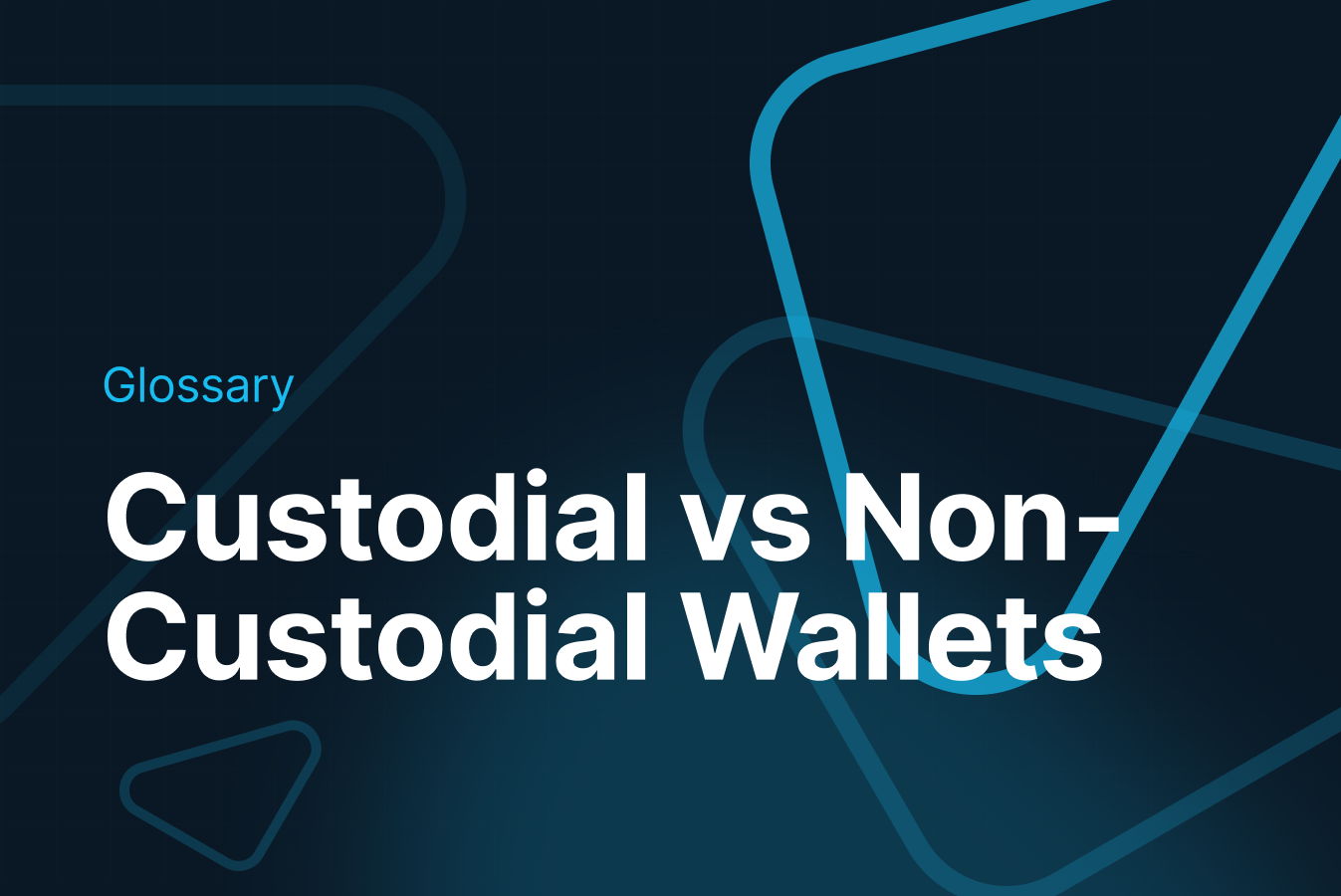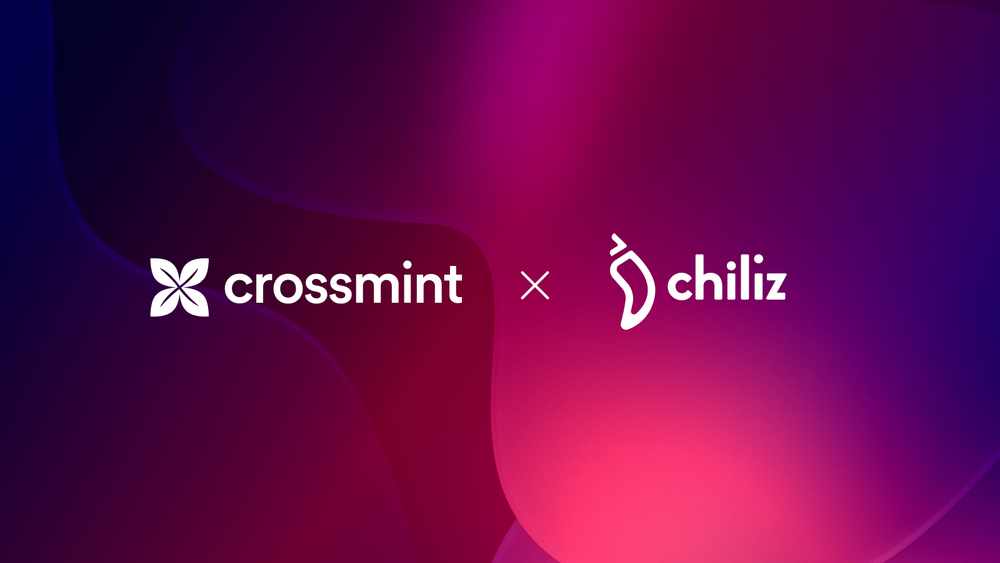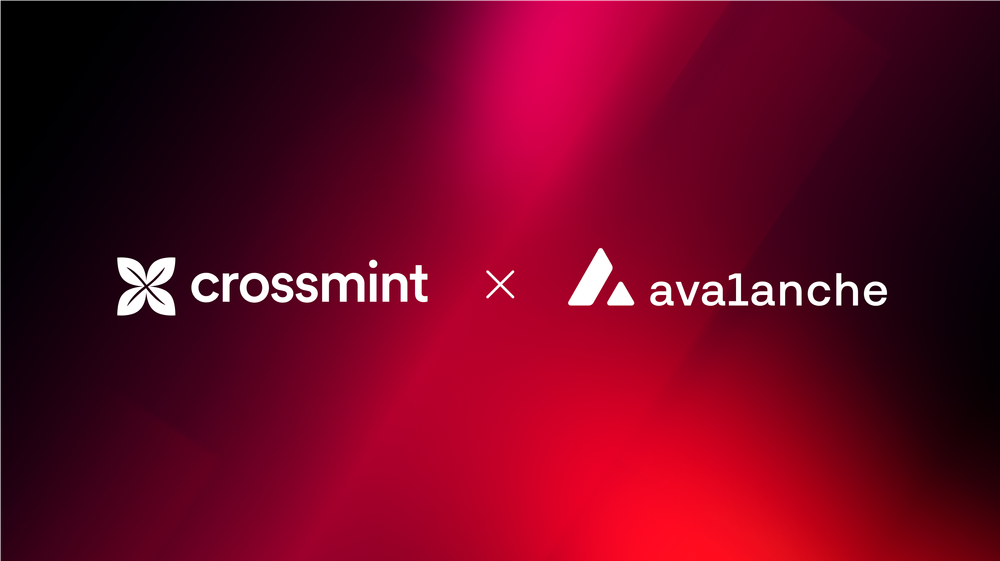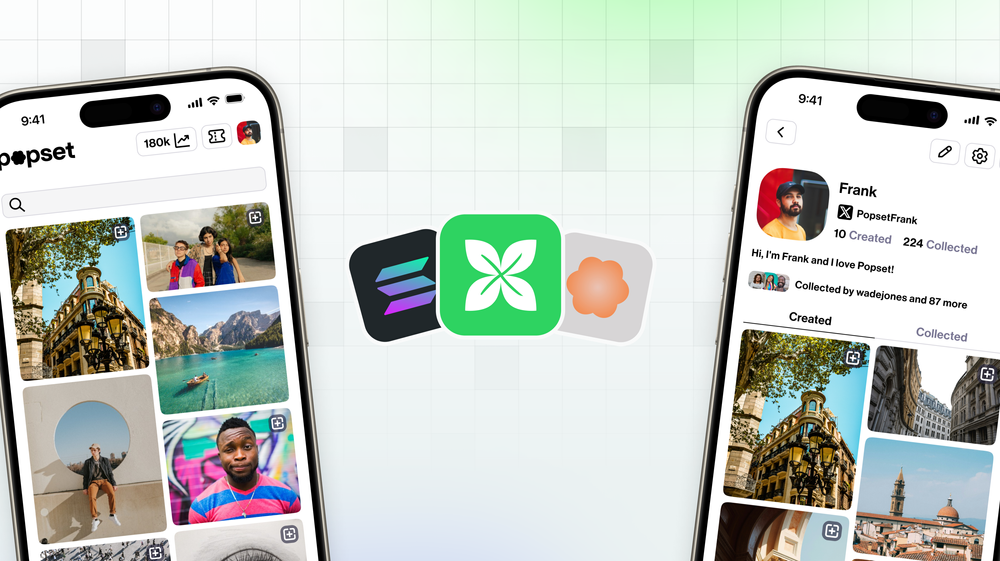You must have often heard the phrase "Not your keys, not your coins". What are these keys? And why should you care?
Essentially, these keys refer to private keys, which are paired with your blockchain addresses on the blockchain - where you keep these keys (usually a crypto wallet) marks the difference between the custodianship of your assets.
You've often heard of Web3 wallets like Metamask, Phantom, and Ledger - these are non-custodial wallets where YOU have full control over your keys whereas with custodial wallets, the keys are with the custodians of your choice.
Here are the differences more in detail:
Custodial Wallets
Custodial wallets are akin to traditional banking systems in the digital currency space. These wallets are managed by third parties, such as exchanges or financial services companies, which hold the private keys to your assets.
This arrangement means that you entrust the security and management of your digital assets to an external organization.
Pros
- Ease of Use: Custodial wallets offer a user-friendly interface, making them accessible to beginners. The complexity of blockchain technology is managed by the service provider, offering a straightforward experience for users.
- Recovery Options: In case of lost access details, custodial services provide a safety net, allowing users to recover their funds through customer support channels.
- Integrated Services: Many custodial wallets are part of larger platforms offering additional services like trading, lending, and staking, providing a one-stop-shop experience for users.
Cons:
- Security Risks: By holding your private keys, custodial wallets become attractive targets for hackers. The centralized nature of these services means that if the security is breached, your assets could be at risk.
- Control: Users sacrifice a degree of control over their funds. The wallet provider has the authority to freeze or manage assets under certain conditions, which may not always align with the user's interests.
- Privacy Concerns: Custodial wallets may require personal information for account creation, posing potential privacy issues. This information could be vulnerable if the platform's security is compromised.
Non-Custodial Wallets
Non-custodial wallets place the control squarely in the hands of the user. You are responsible for keeping your private keys safe, which means you have full control over your assets without intermediation.
Pros:
- Control and Security: Users have complete control over their funds and are the sole holders of their private keys. This reduces the risk of asset seizure and eliminates the possibility of third-party mismanagement.
- Privacy: Non-custodial wallets often do not require personal information, providing a higher level of privacy. Transactions can be conducted without revealing your identity.
- Direct Interaction with Blockchain: These wallets allow for direct interaction with various blockchain networks, enabling users to participate in DeFi (Decentralized Finance), NFTs, and other blockchain-based activities.
Cons:
- Responsibility: The user is solely responsible for the security of their private keys. Losing access to your keys means losing access to your assets, with no way to recover them.
- Complexity: Non-custodial wallets can be complex for beginners. Understanding how to manage private keys securely requires certain technical knowledge.
- Limited Customer Support: In case of issues, there is limited customer support. Users must rely on community support or self-help resources, which can be daunting for some.
How Do I Know If I Should Choose a Custodial or Non-Custodial Wallet for My Project?
The decision between a custodial and non-custodial wallet depends on several factors, including your level of expertise, your desire for control versus convenience, and your specific needs for the project.
- For Beginners: If you're new to the world of digital assets, you might prefer the simplicity and support offered by custodial wallets. They provide an easier entry point, with the trade-off being less control and potential privacy concerns.
- For Those Prioritizing Control and Security: If maintaining control over your private keys and enhancing security is paramount, a non-custodial wallet is the way to go. This choice suits users who are comfortable with the added responsibility and have a basic understanding of blockchain technology.
- For Integrated Services: If your project requires seamless access to trading, staking, or other blockchain services, a custodial wallet might offer the convenience of integrated services under one roof.
- For Privacy-Conscious Users: Users who prioritize anonymity and privacy will find non-custodial wallets more appealing. These wallets often do not require personal information, aligning with the ethos of decentralization.
Are There Happy Mediums?
The difference between Custodial and Non-Custodial Wallets is quite black and white - but are there hybrid options where you can switch custodianship at will and able to take advantage of both models?
Actually, yes.
Crossmint has worked on a Smart Wallet that could be created with user's Web2 credentials that will be able to be programmed by users to suit their needs.
Additionally, if you're still interested in integrating a non-custodial wallet into your app or website, you should know that Crossmint also offers this type of product.
Learn more about embedded wallets as a service.









